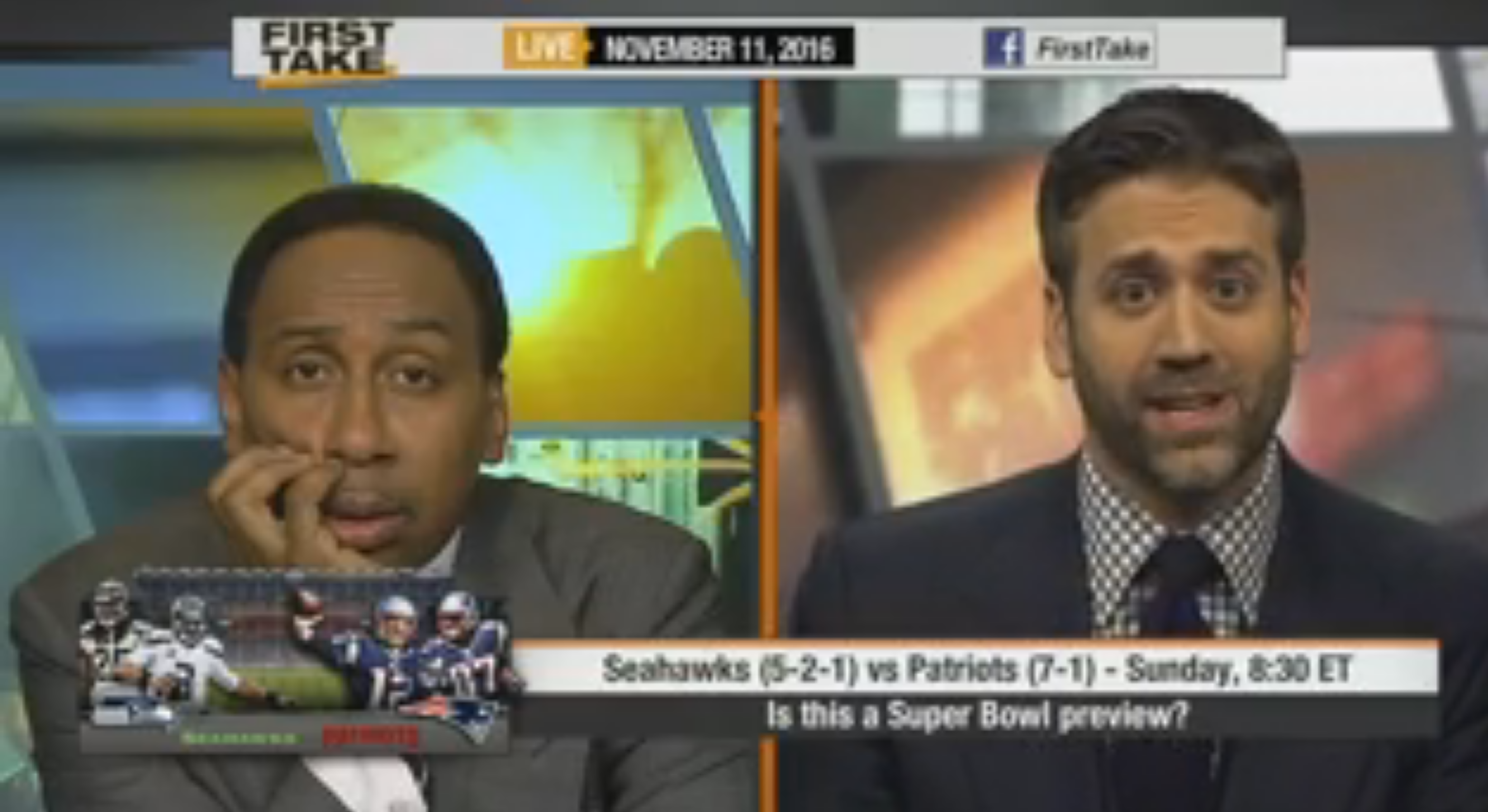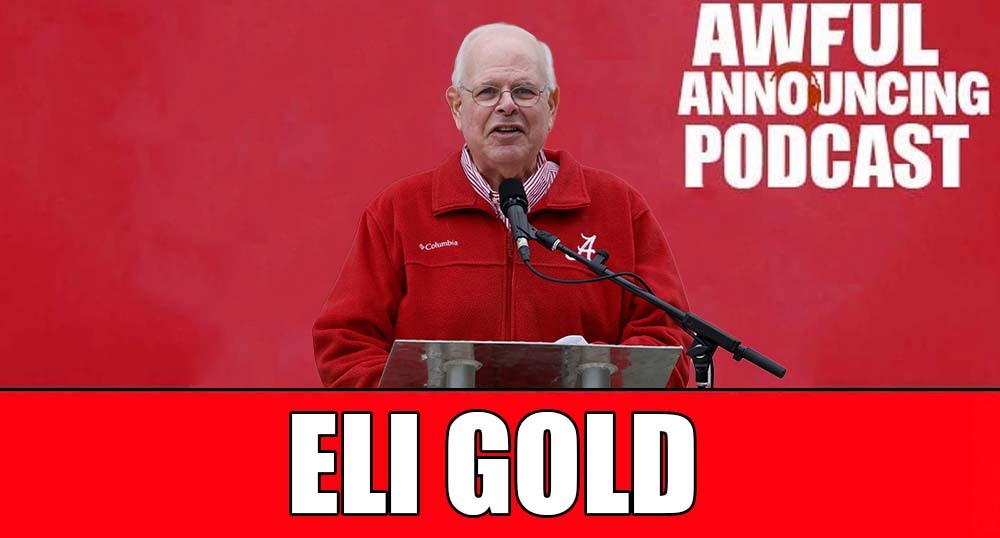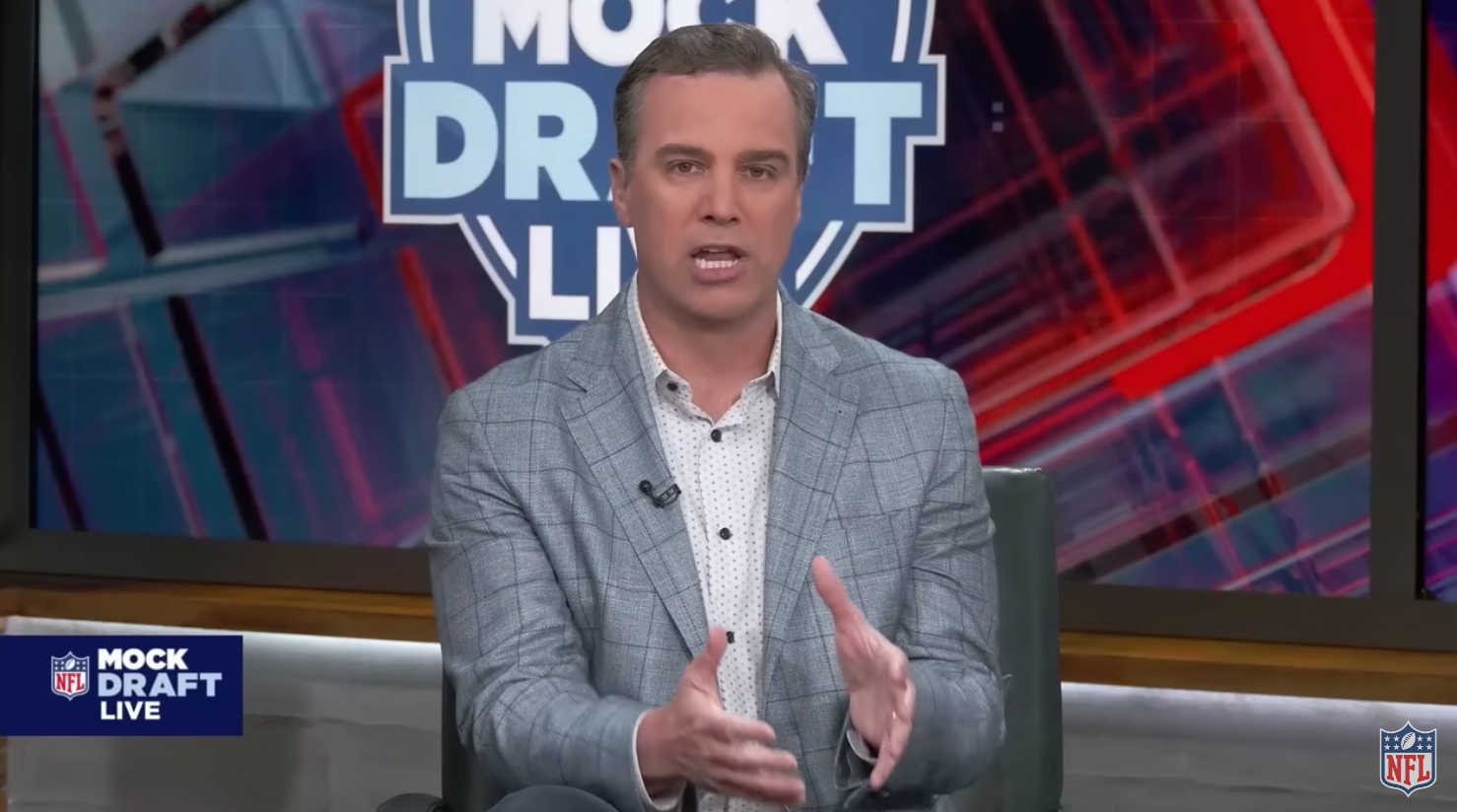One of the biggest criticisms of the “Embrace Debate” movement in sports broadcasting is how it often seems to lead to seemingly-manufactured positions, with personalities either disagreeing just to disagree or amping up slight disagreements into major ones for the sake of the cameras. According to Stephen A. Smith and Max Kellerman, though, the hot takes you regularly hear from them are their own honest opinions. That’s what they told Michael McCarthy of The Sporting News in a recent piece; here’s that exchange.
SN: So are these real debates or phony, mock disagreements designed to provoke a response on social media?
KELLERMAN: I do like to persuade people, but you have to let go the persuasion and embrace the going at it. The blowback from that idea is we disagree about a lot of stuff on the air. So sometimes it may feel like, “If he says A, he’s just going to say B.” What people don’t get to see is how the sausage is made. That is a lot of preparation in taking the hot topics of the day and finding points where we diverge. . . .
“Embrace Debate” embraces the idea that you’re going to find the point of divergence. If you’re sitting at home, and you’re not understanding that process, maybe it seems to people that, “Oh, they’re just disagreeing for the sake of disagreeing.” That’s not what’s happening. All the positions are genuine.
The latest
I enjoy tweaking Cowboys fans, but only because it’s authentic. Don’t fake what you feel. I’ve never been about that. I never will be about that. . . . Let me tell you what I’m like. I don’t give a damn what anybody thinks. It means nothing to me. What I care about is, “What is my position? Is it valid? Is it informed?” Once it’s valid and informed and rife with the necessary facts, that’s all I care about. I care if somebody says I’m wrong because the facts tell me so. I do not care if they think that I’m wrong because they feel different from me. The hell with your feelings. You have your feelings; I have mine. Let’s get it on.
These comments all make sense, but there are levels to them that should be further explored. Yes, it’s obviously easier and better to show a debate where the participants are naturally on opposite sides than to have one try and play a side they don’t really believe in, and so it’s to the advantage of First Take and similar shows to show as many genuine disagreements as possible. However, Kellerman’s comments about the preparation and finding the points of divergence are interesting as well; they illustrate the process that goes into creating these debates, and emphasizing those points of divergence (rather than where the two agree) is another way to manufacture debate, as is Kellerman’s previous comment about abandoning logical persuasion for “going at it.” Smith’s emphasis on “facts” is notable too, considering that many of his positions really don’t have much to do with facts. It’s also interesting that Smith later goes on a rant about how he’s not playing a role:
The role that people think I play is not a role. When I go home and I’m with my sisters, I’m the same way. When I’m with my boys, I’m the same way. My father and I are going to be arguing tonight because of the Chris Sale acquisition by the Boston Red Sox. He’s going to think the Yankees are doomed. I am going to say to my father, who’s 79 years of age, who taught me everything that I knew about baseball, who’s a former baseball player himself drafted by the Giants in the ’50s, and I’m going to tell him why he’s wrong, OK? It’s just the way I am. I’m not changing. Max is such a nice guy. He’s a really, really nice guy. He really wants to be your friend. I don’t care. I don’t have anything against you or anybody else. But I don’t care. I don’t care!
That goes against many of the outside evaluations of Smith and his ability to be emphatic on command, but perhaps it shows how committed he is to sports arguments. In fact, this piece does a good job of showing how that’s what ESPN is really going for with First Take and its ilk; arguments like you might get in a sports bar, manufactured or not. Kellerman’s later comment about how their loud volume is what you want for sports debate shows that, as does Smith’s devotion to arguing on or off camera. That format clearly has its fans, even if many of First Take’s past viewers have dropped off to follow Skip Bayless to Undisputed. We’ll see if it continues to be a success for ESPN, especially after the show moves to the main ESPN network in the new year.







